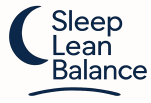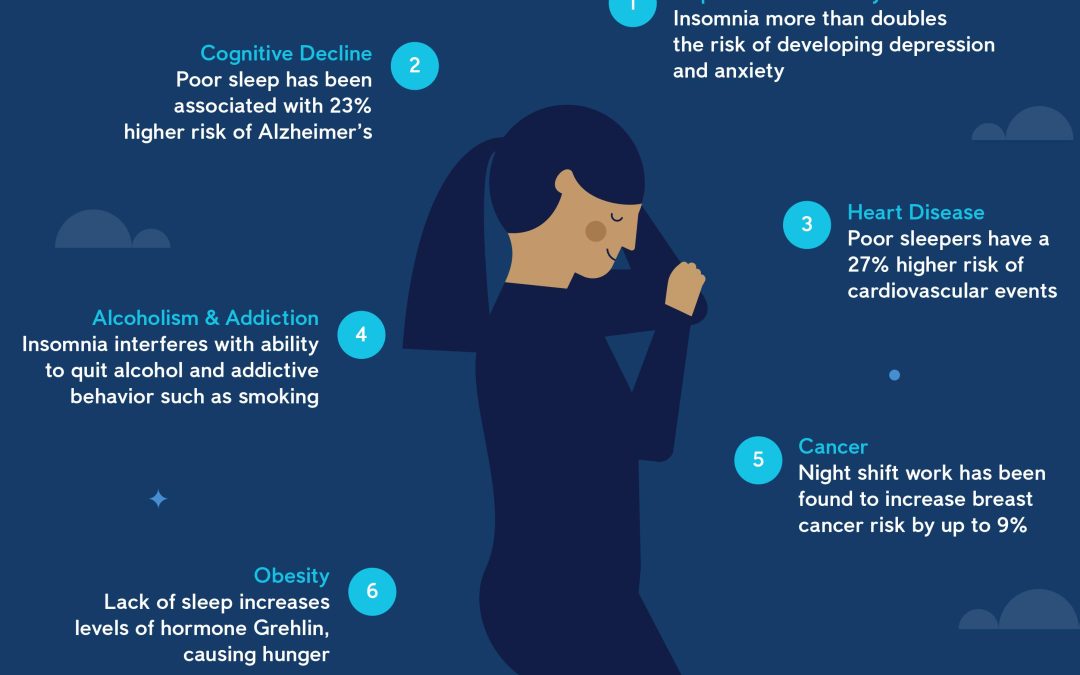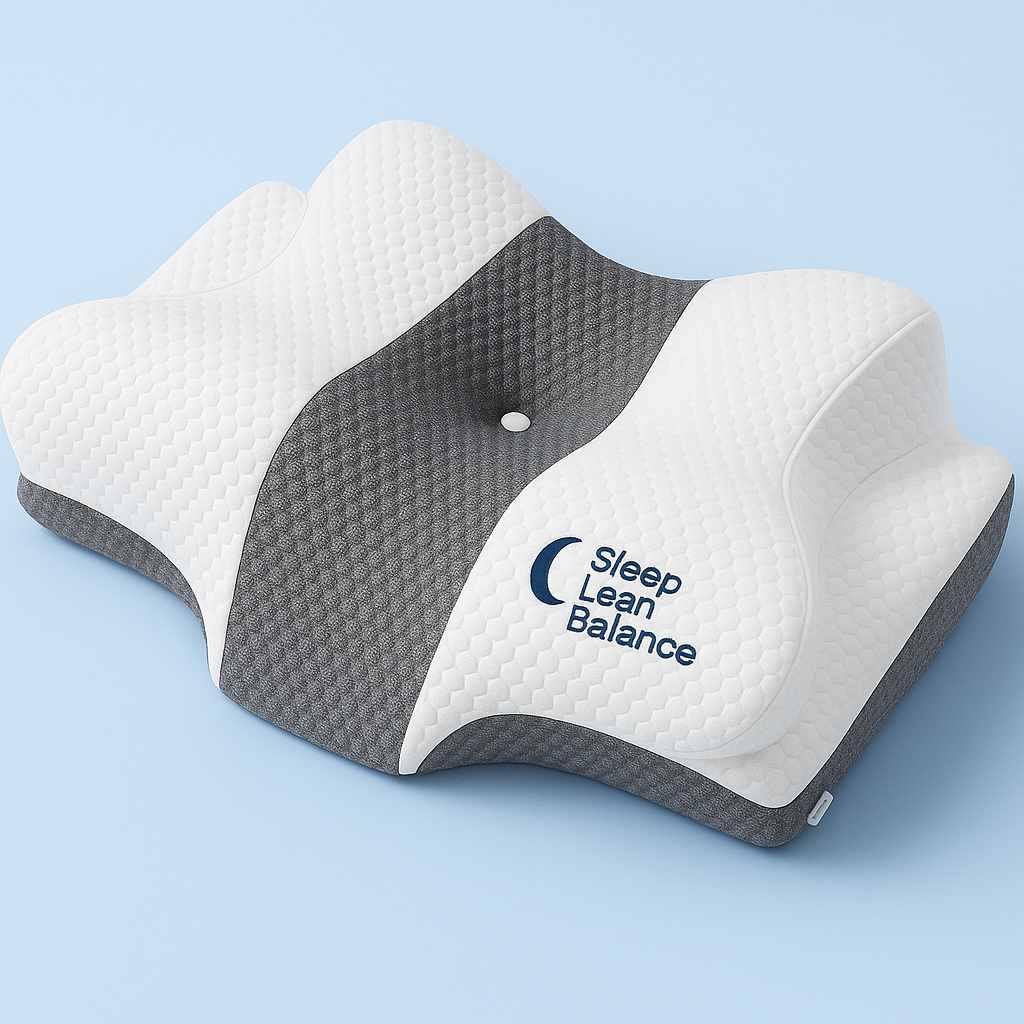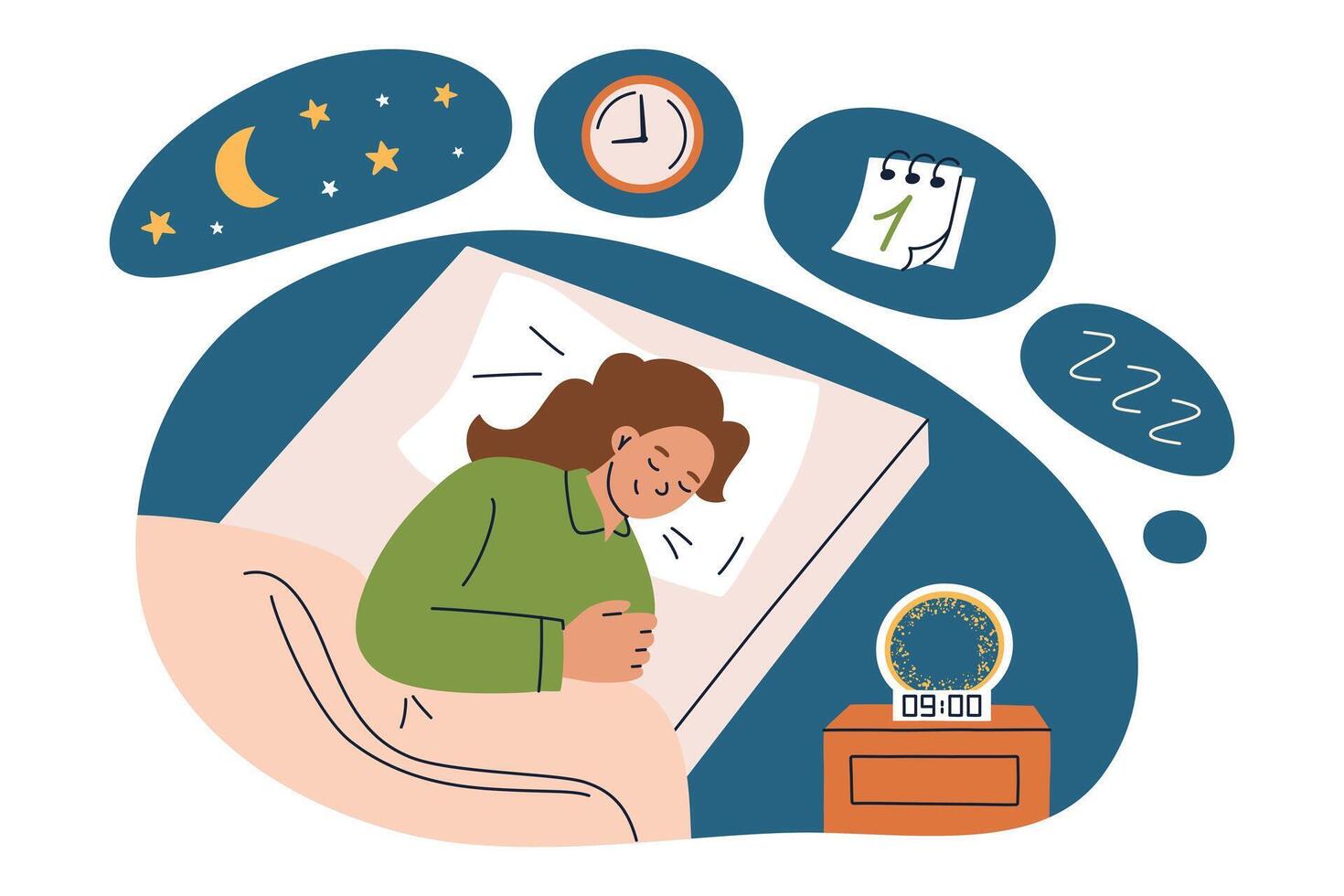Engaging Introductions: Capturing Your Audience’s Interest
Most people treat sleep as an optional activity, something to cut back on when work, studies, or family responsibilities pile up. But in reality, sleep is not a luxury — it’s a biological necessity. Just as your body needs oxygen, water, and food, it also requires sleep to survive and thrive. Going without enough sleep doesn’t just make you feel tired; it weakens the body and mind in ways that can have lasting effects.
Adults typically need between seven and nine hours of rest each night, yet many fall short of this target. The result is a cycle of fatigue, stress, and poor health that spills over into every aspect of life. Without proper sleep, the brain cannot process memories efficiently, the body cannot repair tissues, and energy levels crash during the day. In contrast, consistent high-quality rest gives the body a chance to recharge, strengthens resilience, and supports long-term wellness.
Sleep is far more than a nightly pause; it’s an active state where critical processes occur behind the scenes. Hormones are regulated, muscles recover, the immune system builds defenses, and the brain clears away waste. This blog post explores the role of sleep in physical health, mental function, and daily energy, showing why rest should be treated as a non-negotiable part of a healthy lifestyle.
Sleep and physical health
Sleep is the body’s built-in repair system. When you drift into deep sleep stages, critical biological functions activate to maintain and restore physical health. For example, your immune system uses these hours to produce infection-fighting cells and proteins. People who consistently sleep less than the recommended amount are more likely to get sick and take longer to recover from illnesses. In this way, sleep directly impacts how often you fall ill and how quickly your body heals.
Another essential role of sleep is in regulating heart health and metabolism. Studies show that chronic sleep deprivation can raise blood pressure, increase stress hormone levels, and interfere with insulin sensitivity. Over time, these factors contribute to a greater risk of conditions such as obesity, type 2 diabetes, and cardiovascular disease. Sleep gives your body the chance to restore balance, allowing the heart and circulatory system to rest and reset.
Muscle repair is also heavily dependent on quality sleep. During deep sleep stages, growth hormone is released, helping tissues recover from the wear and tear of daily activity. Athletes and active individuals often notice better performance and faster recovery when they prioritize sleep. Skipping rest, on the other hand, makes the body more prone to injury and slows the healing process.
Without enough sleep, even a healthy diet and consistent exercise routine cannot deliver their full benefits. Rest is the missing piece that ties these habits together, ensuring that energy is stored, tissues are strengthened, and the body is truly prepared for the next day.
Sleep and mental function
While your body repairs itself at night, your brain is also hard at work. Sleep plays a key role in memory formation, learning, and concentration. During deep sleep, the brain processes and organizes the information you’ve absorbed throughout the day. This is why pulling all-nighters rarely works — without rest, the brain cannot properly store or recall information. Students, professionals, and anyone who needs sharp thinking during the day rely on this nighttime consolidation process.
Lack of sleep also disrupts mood regulation. When you don’t sleep enough, levels of stress hormones like cortisol increase, while serotonin and dopamine — neurotransmitters linked to happiness and calmness — drop. This chemical imbalance explains why sleep-deprived people often feel irritable, anxious, or even depressed. Long-term poor sleep is strongly linked to mental health challenges, showing just how powerful rest is in balancing emotions.
Productivity is another area where sleep makes a difference. A well-rested person is more alert, makes decisions faster, and is less prone to mistakes. Sleep-deprived individuals, on the other hand, often experience “microsleeps” — brief lapses in attention that can be dangerous, especially while driving or operating machinery.
In short, sleep isn’t just downtime for the brain; it’s an active process that recharges mental energy. Without it, focus blurs, creativity fades, and problem-solving ability declines. By prioritizing rest, you give your brain the foundation it needs to perform at its best.
Daily energy and performance
Energy is one of the first and most noticeable benefits of good sleep. A night of quality rest leads to steady, reliable energy that carries you throughout the day. Instead of relying on caffeine or sugar for quick boosts, sleep provides a natural fuel source that keeps you alert and productive. This steady energy also reduces the mid-afternoon crash that many people experience when they’re not getting enough rest.
Beyond energy, sleep impacts physical performance. Athletes often prioritize sleep as much as training because it enhances reaction times, endurance, and coordination. For everyday individuals, this means better focus at work, quicker reflexes when driving, and more motivation to stay active. Sleep-deprived people, by contrast, tend to move slower, tire faster, and struggle to stay motivated.
Accidents are also closely tied to lack of rest. Studies reveal that sleep deprivation is a leading factor in workplace and traffic accidents. Even mild fatigue can reduce alertness in ways comparable to alcohol consumption. By getting enough rest, you protect not only your own performance but also your safety and the safety of those around you.
Finally, energy from sleep is about more than just staying awake — it supports resilience. People who sleep well handle stress more effectively, maintain a more positive outlook, and feel better equipped to face challenges. In contrast, poor sleep leaves you vulnerable to irritability, burnout, and decreased productivity.
Quality sleep is not a luxury; it’s the baseline for sustained daily energy and reliable performance in every aspect of life.
Conclusion
Sleep is one of the most important pillars of health, yet it’s often underestimated. It affects immunity, recovery, mood, focus, and even safety. Without enough of it, no diet or exercise routine can reach its full potential. With it, the body and mind work in harmony, fueling daily energy and supporting long-term well-being.
If you’re struggling with restless nights, small changes can have a big impact. Prioritize a consistent routine, reduce screen time before bed, and invest in supportive bedding. Tools like the Sleep Lean Balance Pillow can provide the ergonomic comfort needed for better posture and deeper rest.
Treat sleep as a necessity, not an option. Your health, energy, and productivity all depend on it.



